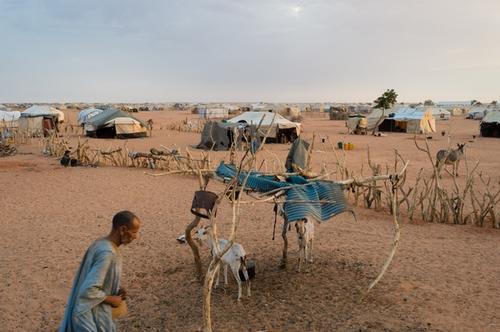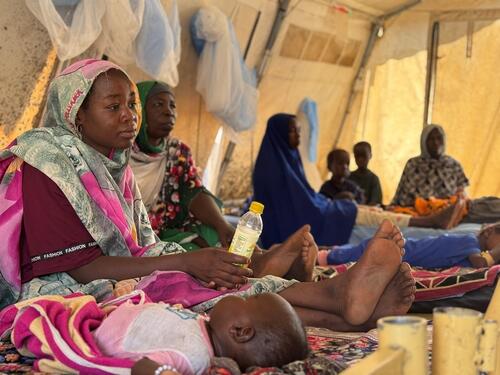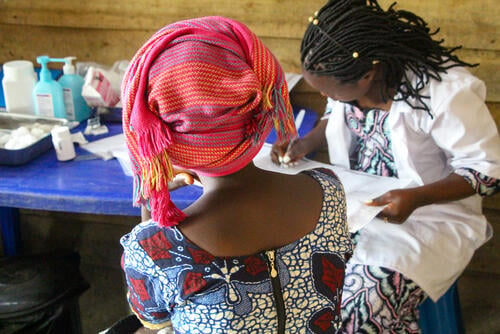Johanne Sekkenes, Médecins Sans Frontières (MSF) head of mission in Mali, has just returned.
In this interview, he describes the current humanitarian situation in the country and MSF's priorities for the coming months.
What is the situation in Mali today?
For me, the crisis continues. Access to medical care remains a significant issue throughout the country. In Koutiala, in the southern part of the country, we are operating a paediatric project. The crisis hasn’t really affected the population there, which continues to live normally. Health personnel are on site and medical aid organisations are conducting their activities without any problems. However, patients must still pay for care, which represents a major obstacle to healthcare.
The situation is different in the north. The situation does not qualify as a humanitarian catastrophe, but the needs are still great. Certain populations – Arab and Tuareg – do not feel safe and for now will not return to the cities to seek treatment because they are afraid of abuses or settling of scores. These populations fled northern Mali during the military operation launched in January, heading to neighbouring countries.
In Timbuktu, where MSF teams are working in the hospital and several community health centres, it is also difficult for the medical staff and population to reach health facilities, particularly when traveling along certain roads known to be targeted by gangs.

What are the humanitarian needs in northern Mali?
Access to medical care in northern Mali is currently limited for several reasons. First, medical staff fled during the crisis and are only now starting to return. The other major problem has to do with the quality of care, which is very limited due to the lack of organisation within healthcare facilities and chronic shortages of drugs and medical staff. And although a decree has established free medical care in northern Mali, the facilities lack adequate financial resources to pay the salaries of their medical staff and operating costs.
Another aspect – which is not new – has to do with isolated patients, who live far from healthcare facilities and have difficulty traveling to obtain treatment. Mothers about to give birth have complications and die because they cannot get to a hospital in time. Also, the medical facilities may not offer adequate care (including transfusions and caesarean sections).
However, in the last two months, government employees and NGO staff have started to return to the north. The quality of care is beginning to improve, although many community health centres are far from being operational. Lots of money from a variety of donors is coming in, which is good, and I hope it will have a positive impact.
What are the priorities for the coming months?
MSF does not expect to reduce its medical aid activities in Mali because needs do exist. The annual malaria season is starting. It overlaps with the “hunger season,” the period that precedes the first harvest, when foodstuffs from the last harvest may be running out. This can lead to a significant decline in agricultural production and a sharp run-up of prices. Families will not have enough money to buy the foods that young children need to prevent malnutrition or to pay for medical visits.
In general, MSF’s current priority is to enable the populations living on the outskirts, who have difficulty obtaining medical treatment, to do so. In the north, as in the south, we want to focus our activities on paediatric care, treating malaria and caring for pregnant women.
We hope that in the north, we will be able to improve patient access to care and quality of care as medical staff return. There's still a lot of work to do.
What does MSF think of the establishment of MINUSMA?
The mandates of MINUSMA (the United Nations Multidimensional Integrated Stabilization Mission in Mali) include stabilising the situation, particularly in the north, and supporting humanitarian activities so that aid can be delivered and displaced persons and refugees can return. Humanitarian activity carried out by armed forces can create confusion. We must make sure that the activities of MINUSMA and those of MSF are not conflated.
As has always been the case in the past, MSF will continue to talk with all political actors in Mali to help ensure that we can carry out our aid activities independently. We are confident that the warring parties will recognise the difference. We hope that our humanitarian activity will be seen as neutral and impartial and we will continue to work to ensure that it does.





